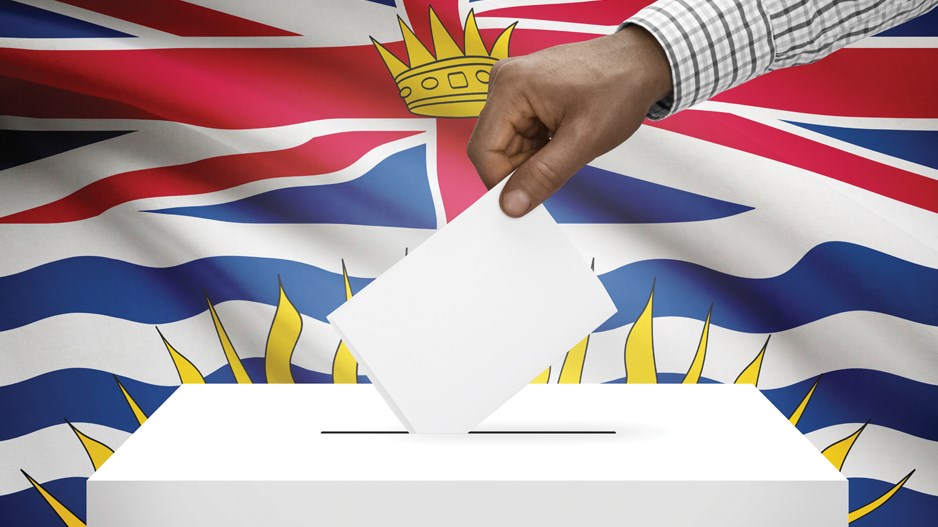We are now officially less than a year away from the next provincial election (it is set for next Oct. 19th) and B.C.'s political landscape continues to be a one-sided situation.
Despite a chronic inability to make major inroads on fixing critical areas of concern the ruling NDP government has seemingly coated itself in a Teflon-like substance that has made it almost impossible for other political parties to lay a finger on it.
Several recent opinion polls show the New Democrats have a decisive and, for now anyways, apparently unbeatable edge over its political opponents.
The NDP is coasting along with the support of more than 40 per cent of the voters while the two nearest parties are stuck in the 20 per cent range. Premier David Eby, meanwhile, has not lost any footing since taking over from the popular John Horgan and in fact enjoys one of the highest approval ratings of any premier in the country.
Yet the same polls that show the NDP is the choice of enough people to propel it to victory come the next election also show the government is getting woefully bad marks when it comes to handling the top issues of those same voters.
The latest Angus Reid poll, for example, found that three issues — cost of living, housing affordability and health care — top all other issues in order of importance.
However, about 80 per cent of the electorate think the NDP government is doing a poor job when it comes to handling the cost of living and housing affordability and only 30 per cent give it good marks for health care. That is astounding when you think about it.
How could a government be given such harsh reviews of its performance on the biggest issues yet still enjoy such lofty levels of voter support?
There are likely two possible answers.
The most obvious one is that the alternative choices for forming government are simply not palatable for enough voters to defeat the government.
The B.C. United Party continues to drift along as a largely unknown entity, unsure of itself and grappling with internal identity issues that hardly make it seem like a government in waiting.
The B.C. Conservatives, the new kid on the block, are tilting fairly far to the right (and frustrating the B.C. United folks in the process) where there are simply not enough voters — particularly in urban and suburban ridings — to win power.
The B.C. Greens, meanwhile, now find themselves in fourth place in the polls and show no signs of expanding their reach.
The other explanation for the NDP’s continued popularity may be that voters do not think governments can actually solve big problems anymore. The housing affordability crisis is almost a decade old now and many people view issues like inflation and cost of living as global issues beyond a local government’s ability to deal with them.
We may be viewing the classic “better dance with the devil you know than the one you don’t” analogy when trying to figure out the NDP’s hold on its popularity.
Of course, there is still a lot of ground to cover before we head to the polls again, unless Eby and his advisers are tempted by a prolonged “split” among the two center-right parties and opt to pull the pin early and perhaps call a snap vote in the spring.
And things can change fast in politics, which is something the opposition parties are clearly pinning their hopes on.
But if those things do not change substantially, this election year could be a very trying and frustrating one for the opposition parties. They had better hope the NDP’s Teflon coating disappears sooner than later.
Keith Baldrey is chief political reporter for Global BC.




